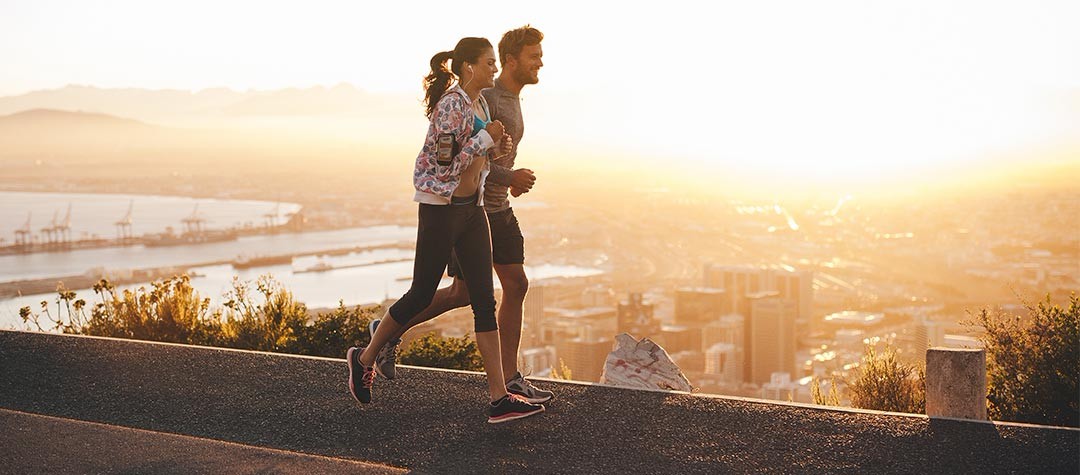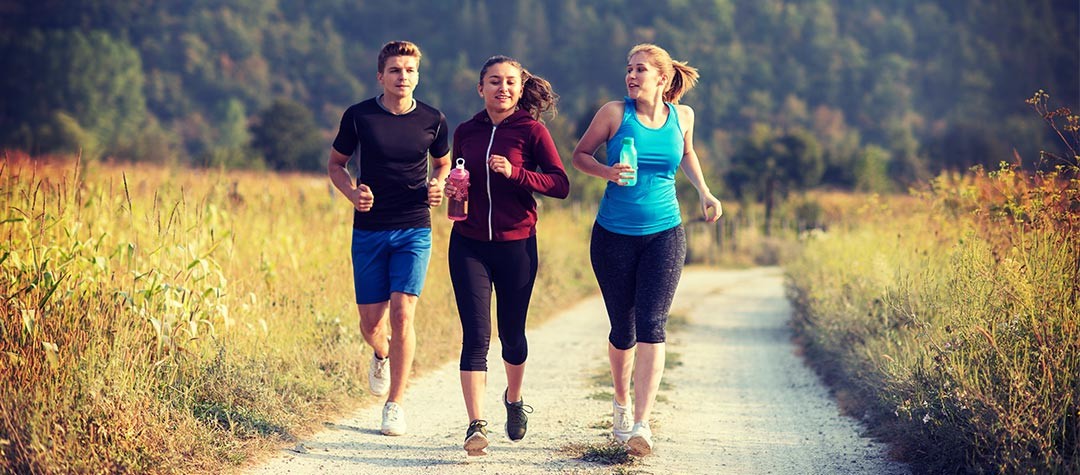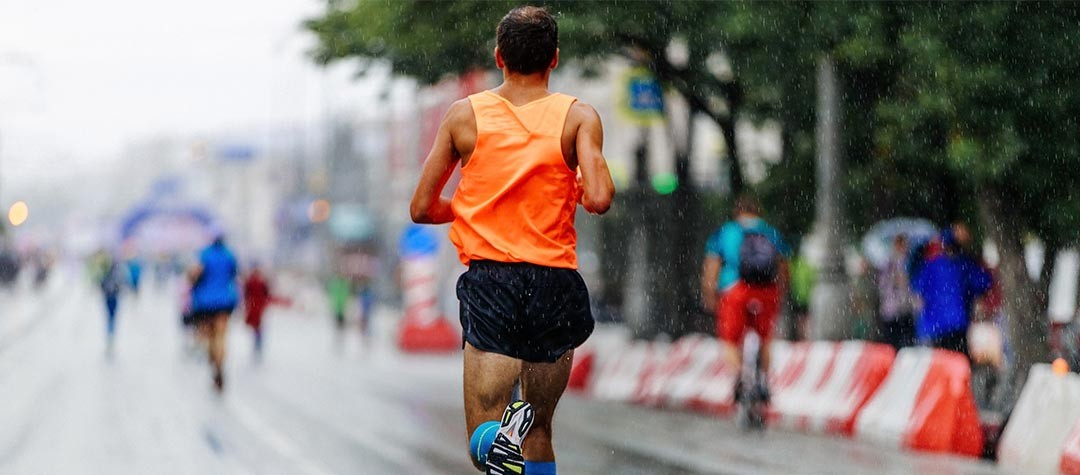If you’re thinking of taking your running in an ultra direction you really need to have the right kit. Now of course this is always true of any kind of running, but it is especially true of ultra running, where you can expect to be out on the road for hours or even days at a time.
In many ways you need pretty much the same things you would need for a long run, but the main difference is the distance and the terrain. For an ultra race you could be running in a desert, the hills, the mountains or a national park, and that will determine what you need. Get your kit wrong or not have the right things and you could find yourself in all sorts of trouble.
1. Running shoes and socks
You will be on your feet for an awfully long time and so you need to have something comfortable on your feet. If not, blisters and sore feet await and that is anything but fun 15 hours into a two-day race or training session. It’s a sensible idea to opt for trail shoes or specialist mountain running shoes because they will last forever and be able to withstand the rigours of hours on your feet on rugged terrain in all kinds of weather. Good quality socks are also your friend if you’re an ultra runner. Socks that wick away sweat and don’t allow your feet to rub inside your shoes are ideal. But make sure they are good quality as it’s pointless having fantastic running shoes if you have cheap, injury-causing socks.
2. Clothes and gadgets
Again this won’t be too dissimilar to the kind of kit you will have used to train for a marathon. With your waterproof coat you’re looking for something lightweight and breathable. Whether you wear a t-shirt or long sleeved shirt or shorts or leggings is up to you, depending on which you find the most comfortable.
A GPS watch is also useful, especially if you are in the middle of nowhere. A compass might come in handy too. A phone might also do the job if it has the right apps, and bear in mind you might need a solar charger that is lightweight and waterproof.
A torch is essential for any night or dusk running and a medical kit might also be a great idea, especially if you are camping out or heading out into the wilderness for a long training run.
3. Sun lotion
If you’re spending hours in the big outdoors, the last thing you need is sunburn. The dehydrating effects of too much sun can be potentially serious if you are running for most of the day, so you must make sure you slip, slap and slop on the sun cream. A lot of ultra runners like to wear a cap or a bandana to protect the face and head from the sun and keep the sweat out of their eyes.
4. Hydration/nutrition
Practice is the key with hydration and nutrition. Just like conventional marathon running, you’ll need to work out what works best for you in terms of foods, snacks and drinks. Bear in mind it takes time to work out exactly what agrees with you most, so be patient and be prepared for the odd upset tummy along the way.
There is a massive range of protein bars, gels, sports drinks and snacks you could try and you might want to talk to other ultra runners to see what they find works best for them. Some races have drink stations while others don’t. And your nutrition needs will definitely be dictated by the distance you want to achieve while your choice of replenishment may also be dictated by the fact you’ll have to carry it all.
5. Sports scarf
A sports scarf is a versatile item that has multiple uses and will come into its own if you are moving through temperature variations on your route. This is especially handy if you are running up a mountain where the temperature at the top could be 10-15 degrees Celsius (50-60 degrees Fahrenheit) lower than at the bottom. It can double as a scarf, a headband, or even be wrapped around your face to protect you from dust or dry heat.
6. Backpack
Choosing the right backpack comes down to a matter of personal taste ultimately and the kind of event you are training for, but opt for something that’s lightweight with plenty of storage space. Remember you need to carry a lot of liquid and food if you’re going to be out in the great outdoors for a significant amount of time. Plus, you’ll need to potentially carry a tent, torch, change of clothes, a fleece and your food and drink.
7. Tent
Your requirement for a tent depends on the length of your race and whether you will want/need to camp for it. But if you are going in excess of 50 miles, it may well be something you’ll need. There is a huge variety of tents on the market and it’s just a question of finding what’s comfortable for you and crucially what’s easiest to carry.














